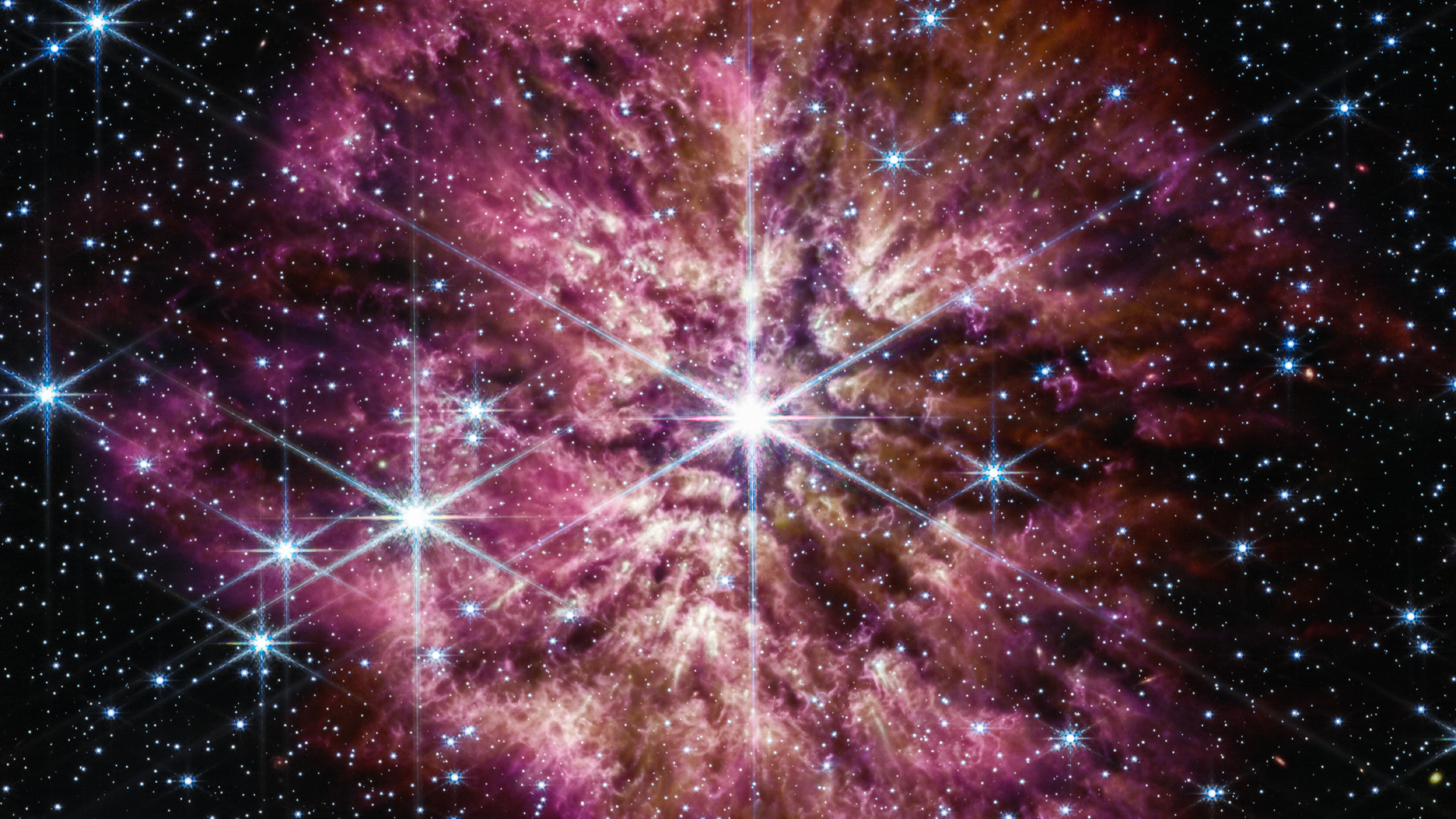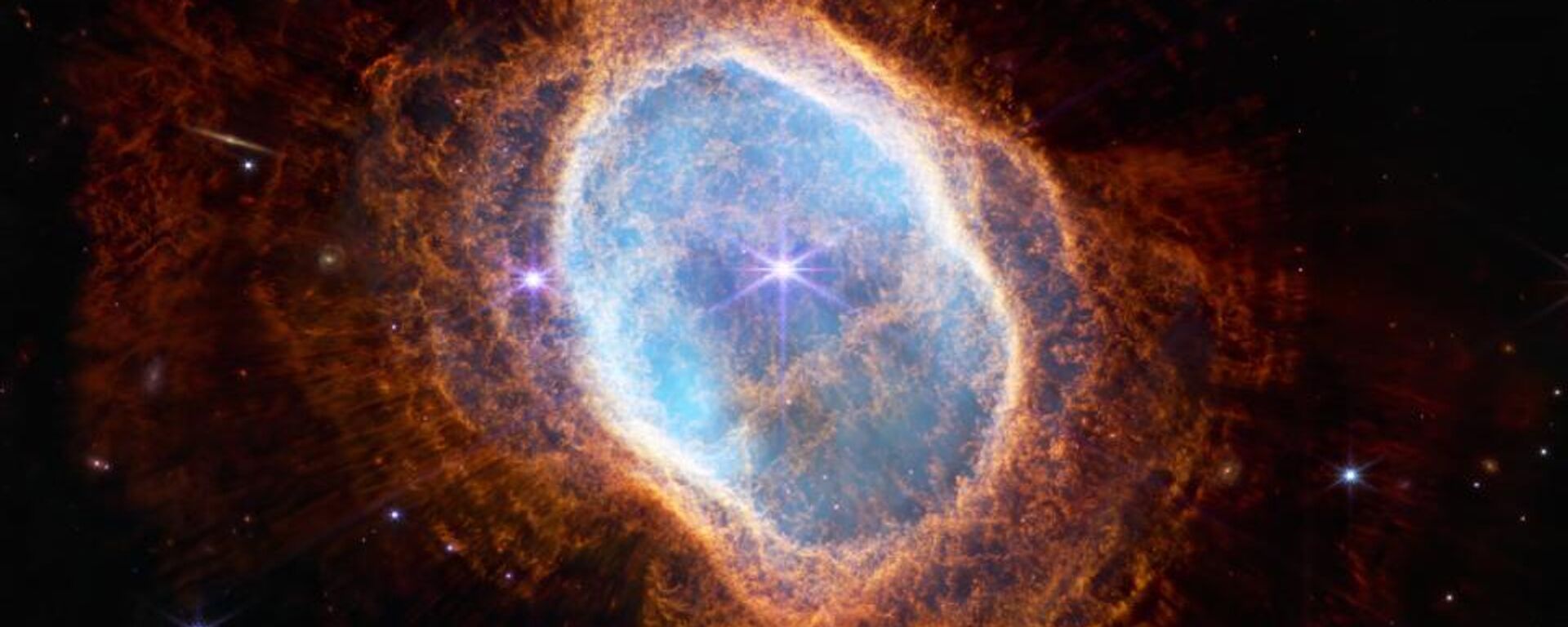https://en.sputniknews.africa/20230725/russia-may-build-station-for-receiving-satellite-data-in-south-africa-russian-space-agency-head-1060749222.html
Russia May Build Station for Receiving Satellite Data in South Africa: Russian Space Agency Head
Russia May Build Station for Receiving Satellite Data in South Africa: Russian Space Agency Head
Sputnik Africa
Roscosmos, Russia's state space agency, originates from the Soviet space program of the 1950s, which launched the Earth's first artificial satellite, Sputnik... 25.07.2023, Sputnik Africa
2023-07-25T09:13+0200
2023-07-25T09:13+0200
2023-07-25T09:13+0200
sub-saharan africa
space exploration
roscosmos
north africa
science
russia
russia-africa cooperation
https://cdn1.img.sputniknews.africa/img/07e7/07/19/1060749755_0:422:2001:1547_1920x0_80_0_0_719e108b86851b1ef5948316d885061b.png
Russia may build a new station for receiving information from Earth remote sensing satellites in South Africa or modernize existing ones, which will contribute to the development of common BRICS infrastructure, Yuri Borisov, the head of Russia's state space corporation Roscosmos, said on Monday. Russian companies could deliver a full set of receiving and data storage equipment to receive, process and store the data from Earth remote sensing satellites, the official added. Russia could also modernize the already existing South African stations, which would make an additional contribution to the South African Space Agency's efforts to develop the ground-based space infrastructure of the BRICS countries, he said. Borisov also offered to provide access to national remote sensing data geoportals for ordering archival data for the development of a BRICS joint satellite cluster. At first, professionals could get access to this data by logging in to another country's geoportal, and later, a common portal interface could be arranged at a program level, the official added. In addition, direct data transfer from cluster satellites to national receiving stations could be arranged to speed up the provision of images to consumers, the official added. The agreement on the creation of a joint satellite orbital cluster was signed by BRICS member states in 2021. The project includes five satellites, one from each of the member states: Russia's Kanopus-V, China's GF-6, India's Resourcesat-2/2A, South Africa's ZY-3/02 and Brazil's CBERS-04, which was built with the assistance of China. In each of the countries, certain regions have been selected to be photographed by the devices from space. In Russia, this area is about 14,000 square kilometers (5,405 square miles) and is located in the Altai-Sayan region, in India, it is the Nilgiri biosphere reserve, in Brazil, the Matopiba region, and in China, Hainan Island. The BRICS member states exchange information obtained from the satellites and jointly process it.
https://en.sputniknews.africa/20230719/russia-and-south-africa-to-advance-mutually-beneficial-cooperation-in-space-sa-embassy-says-1060636310.html
north africa
russia
Sputnik Africa
feedback@sputniknews.com
+74956456601
MIA „Rossiya Segodnya“
2023
Sputnik Africa
feedback@sputniknews.com
+74956456601
MIA „Rossiya Segodnya“
News
en_EN
Sputnik Africa
feedback@sputniknews.com
+74956456601
MIA „Rossiya Segodnya“
Sputnik Africa
feedback@sputniknews.com
+74956456601
MIA „Rossiya Segodnya“
space exploration, roscosmos, north africa, science, russia, russia-africa cooperation
space exploration, roscosmos, north africa, science, russia, russia-africa cooperation
Russia May Build Station for Receiving Satellite Data in South Africa: Russian Space Agency Head
Roscosmos, Russia's state space agency, originates from the Soviet space program of the 1950s, which launched the Earth's first artificial satellite, Sputnik, and later brought the first human to space, Yuri Gagarin.
Russia may build a new station for receiving information from Earth remote sensing satellites in South Africa or modernize existing ones, which will contribute to the development of common BRICS infrastructure, Yuri Borisov, the head of Russia's state space corporation Roscosmos, said on Monday.
"Roscosmos invites the South African Space Agency to consider the deployment of a Russian receiving station on the South African territory that would receive information from Russian and foreign Earth sensing satellites, including the ones that would appear in the future," Borisov said at a meeting of the joint committee on space cooperation of the BRICS countries.
Russian companies could deliver a full set of receiving and data storage equipment to receive, process and store the data from Earth remote sensing satellites, the official added.
Russia could also modernize the already existing South African stations, which would make an additional contribution to the
South African Space Agency's efforts to develop the ground-based space infrastructure of the BRICS countries, he said.
Borisov also offered to provide access to national remote sensing data geoportals for ordering archival data for the development of a BRICS joint satellite cluster. At first, professionals could get access to this data by logging in to another country's geoportal, and later, a common portal interface could be arranged at a program level, the official added.
"This will expand the range of potential users and contribute to the development of new technologies for processing and interpreting satellite observation results," Borisov said.
In addition, direct data transfer from cluster satellites to national receiving stations could be arranged to speed up the provision of images to consumers, the official added.
The agreement on the creation of a joint satellite orbital cluster was signed by BRICS member states in 2021. The project includes five satellites, one from each of the member states: Russia's Kanopus-V, China's GF-6, India's Resourcesat-2/2A, South Africa's ZY-3/02 and Brazil's CBERS-04, which was built with the assistance of China.
In each of the countries, certain regions have been selected to be photographed by the devices from space. In Russia, this area is about 14,000 square kilometers (5,405 square miles) and is located in the Altai-Sayan region, in India, it is the Nilgiri biosphere reserve, in Brazil, the Matopiba region, and in China, Hainan Island. The BRICS member states exchange information obtained from the satellites and jointly process it.


